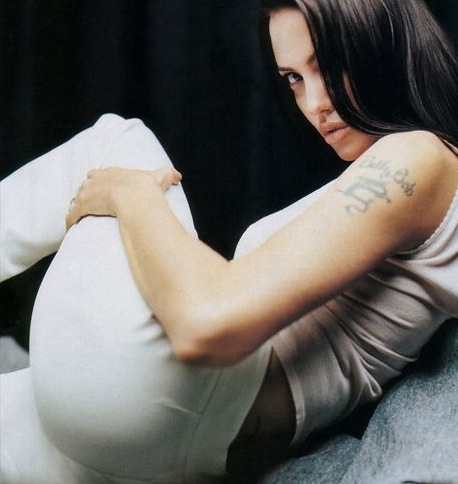The Mazda RX-7 is a sports car by the Japanese automaker Mazda. It was produced from 1978 to 2002. The original RX-7 featured a 1146 cc twin-rotor Wankel rotary engine and a sporty front-midship, rear-wheel drive layout. The RX-7 was a direct replacement for the RX-3 (both were sold in Japan as the Savanna) and subsequently replaced all other Mazda rotary cars with the exception of the Cosmo.
The original RX-7 was a sports car. The compact and lightweight Wankel engine (rotary engine) is situated slightly behind the front axle, a configuration marketed by Mazda as "front mid-engine". It was offered as a two-seat coupé, with optional "occasional" rear seats in Japan, Australia, the United States, and other parts of the world. These rear seats were initially marketed as a dealer-installed option for the North American markets.
The RX-7 made Car and Driver magazine's Ten Best list five times. In total, 811,634 RX-7s were produced.
Series 1 (1979–1980) is commonly referred to as the "SA22C" from the first alphanumerics of the vehicle identification number. This series of RX-7 had exposed steel bumpers and a high-mounted indentation-located license plate, called by Werner Buhrer of Road & Track magazine a "Baroque depression."
In 1980 Mazda released 3000 special models known as the LS (Leather Sport). This package added an LS badge, full leather upholstery, sunroof, and gold-colored alloys. This model was only available in three different colors Aura White (1250 made), Brilliant Black (1250 made) and Solar Gold (500 made).





















No comments:
Post a Comment